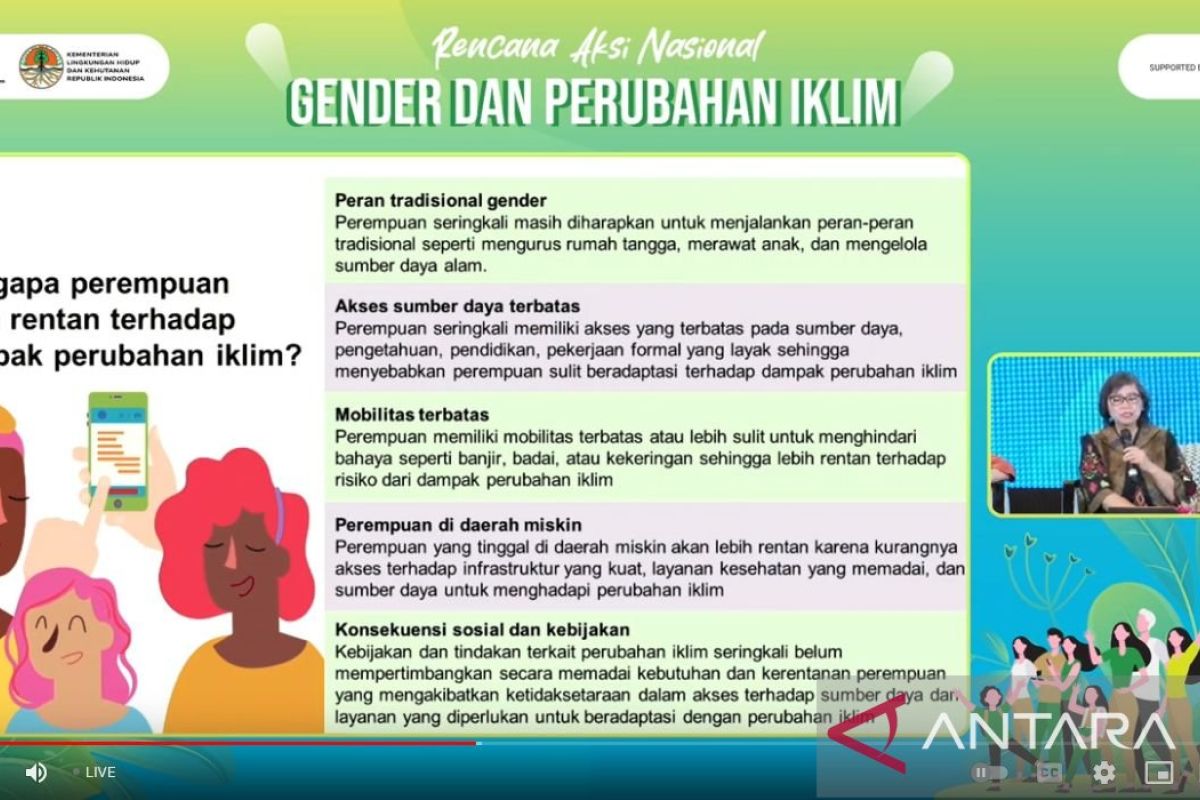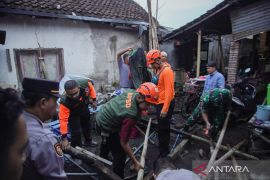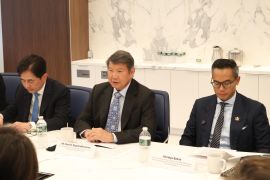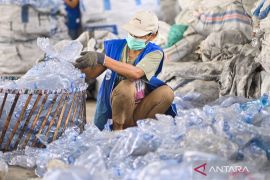"Climate change is not gender neutral. Women are more vulnerable to climate change on account of the preservation of traditional roles of genders," she remarked during the launch of the Document of the National Action Plan on Gender and Climate Change in Jakarta on Thursday.
Rosaline noted that scores of women are still expected to play traditional roles by taking care of households and children and managing the natural resources of their families.
She then cited limited access to resources, restricted mobility, poverty, and social consequences of policies as other factors contributing to women's vulnerability to climate change impacts.
"Women residing in poor regions tend to be more vulnerable since they have limited access to solid infrastructure, proper medical services, and resources required to deal with climate change," she pointed out.
Related news: Indonesian women facing fairly major climate change impacts: Ministry
The official stated that she views climate change as a social issue that poses far-reaching impacts, affecting women, men, children, and vulnerable groups.
She further underscored that eight forms of climate change impacts have exacerbated gender inequality, namely crop failures, fuel supply, water shortage, climate-related disasters, diseases, migration, conflicts, and poverty.
"Hence, it is critical to actualize gender equality in an effort to face challenges resulting from climate change impacts," she stressed.
She remarked that by the year 2050, some 251 million people comprising 62.7 million families and 25.1 million people from vulnerable groups, with adults accounting for 68 percent, children, 24 percent, and the elderly, eight percent, are projected to be exposed to climate change.
Related news: Ministry seeks gender-responsive climate change policies
Translator: Anita P, Tegar Nurfitra
Editor: Yuni Arisandy Sinaga
Copyright © ANTARA 2024












